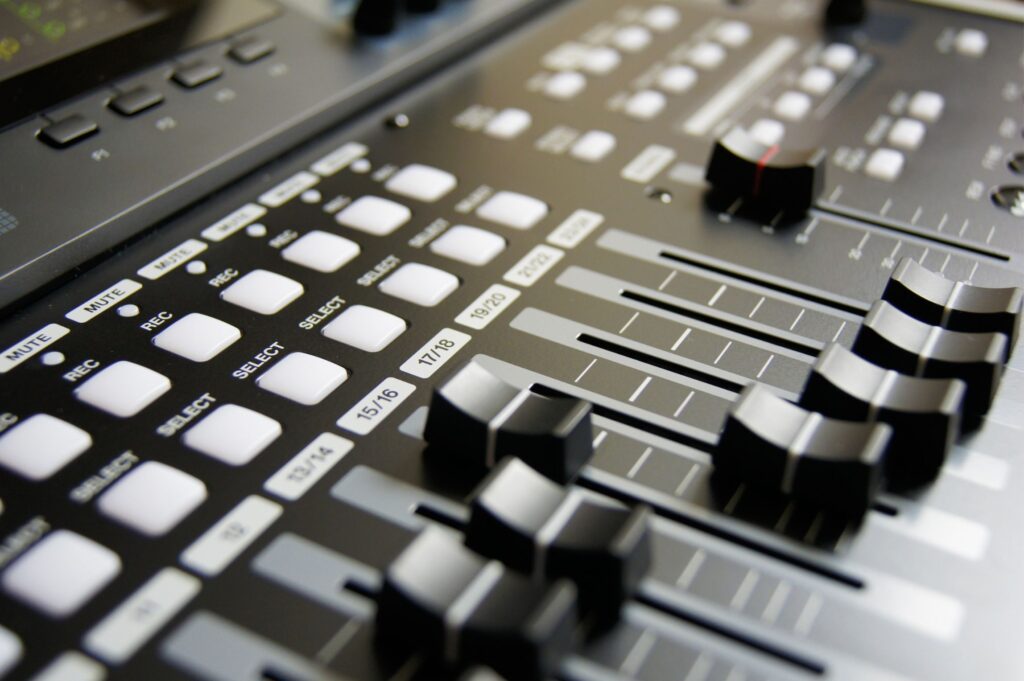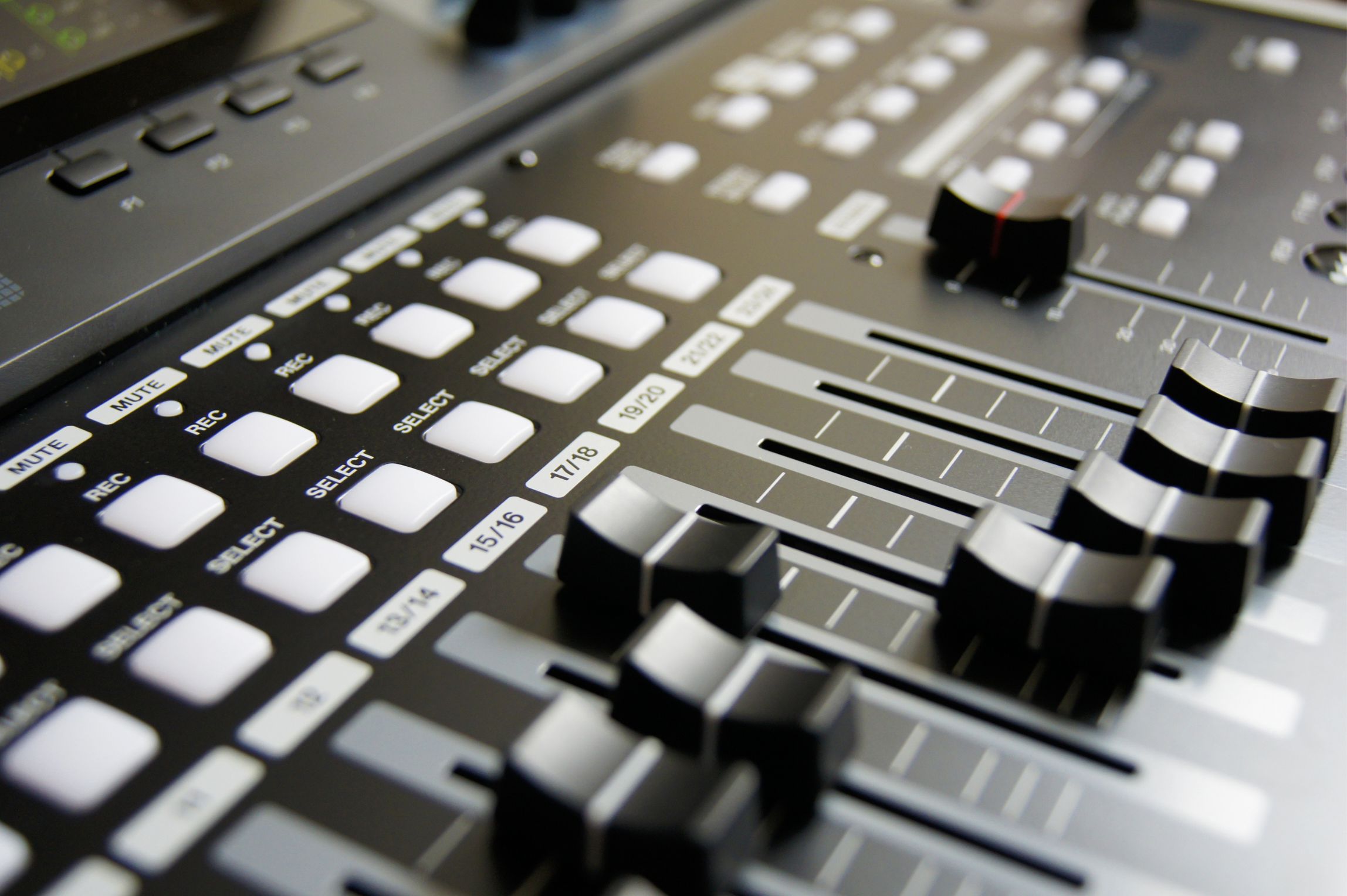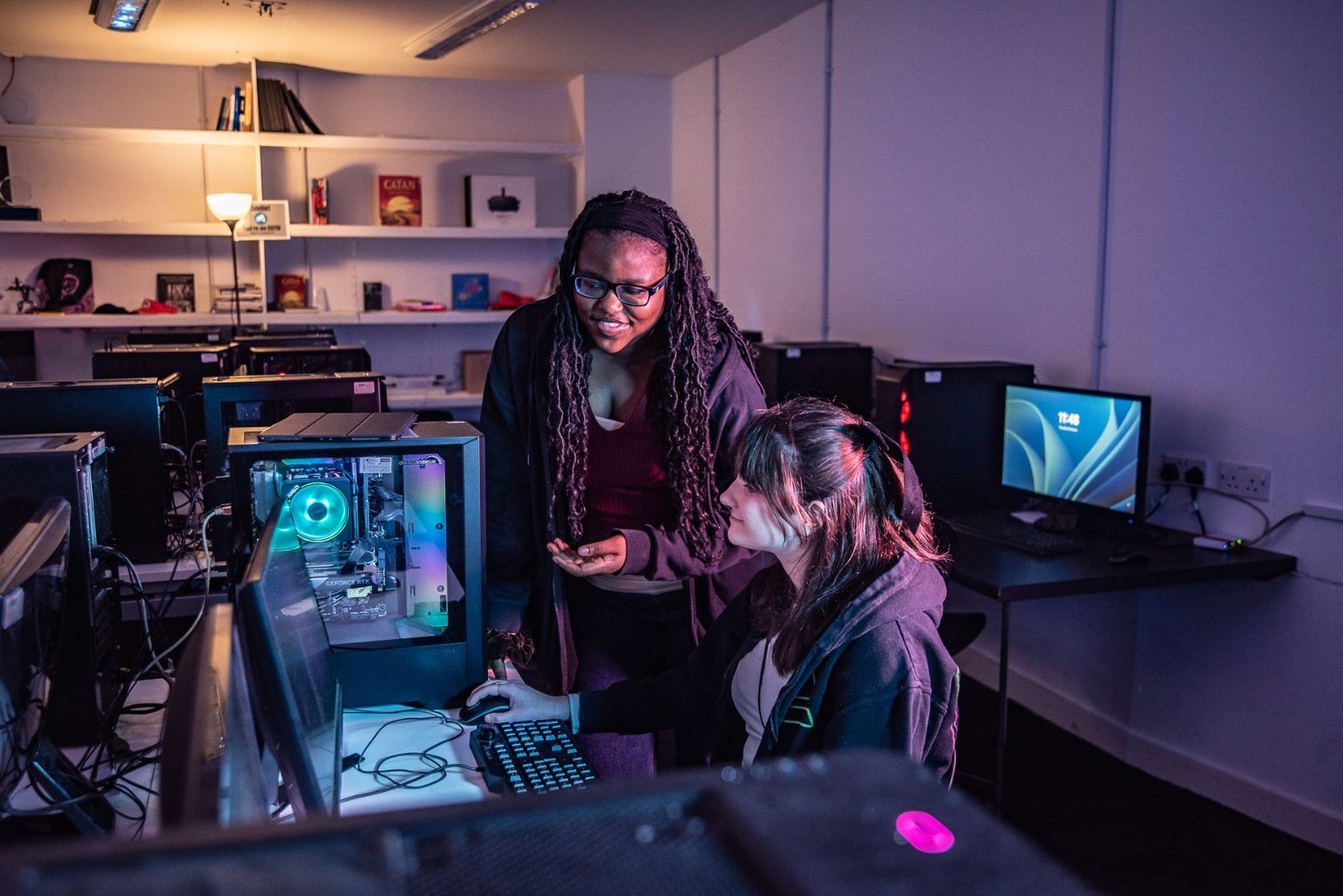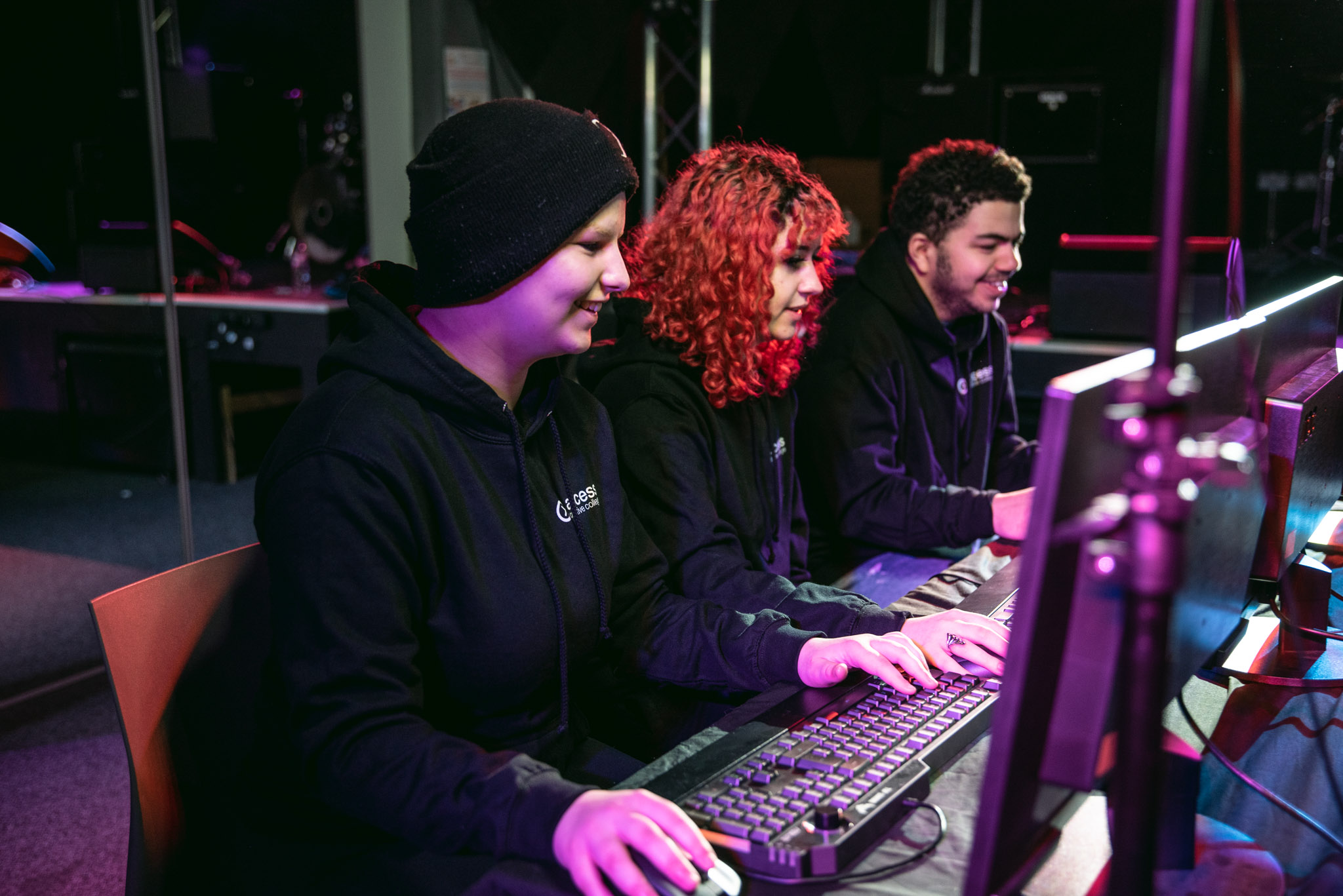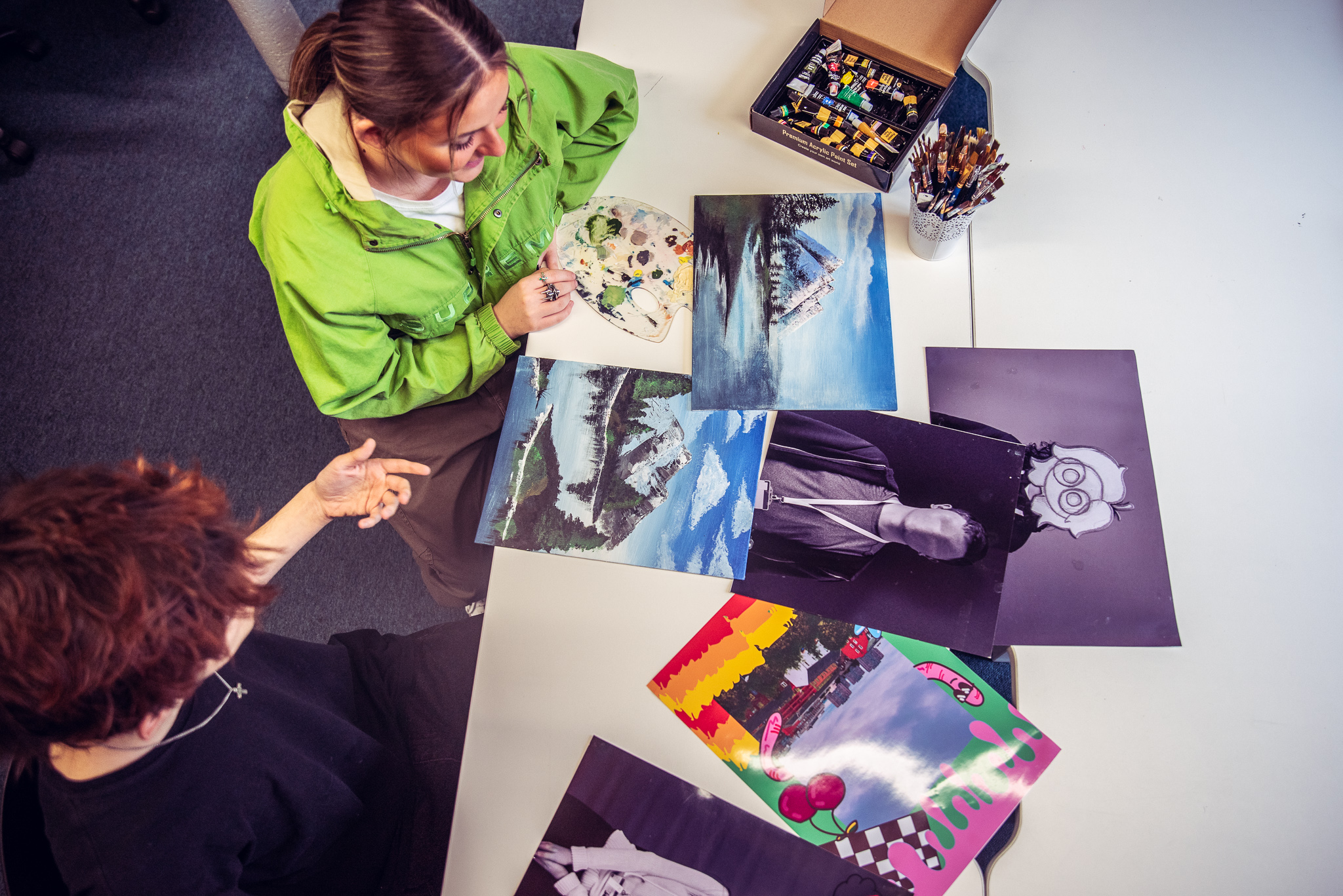Sound design is an important aspect of storytelling in films, games, music, and other media, creating immersive environments and emotional depth through the use of audio.
Whether you’re crafting eerie soundscapes for a horror film or enhancing the user experience in a video game, becoming a Sound Designer requires a mix of creativity, technical skills, and passion for sound. In this blog, we’ll explore the steps you can take to break into the field of sound design.
What is sound design?
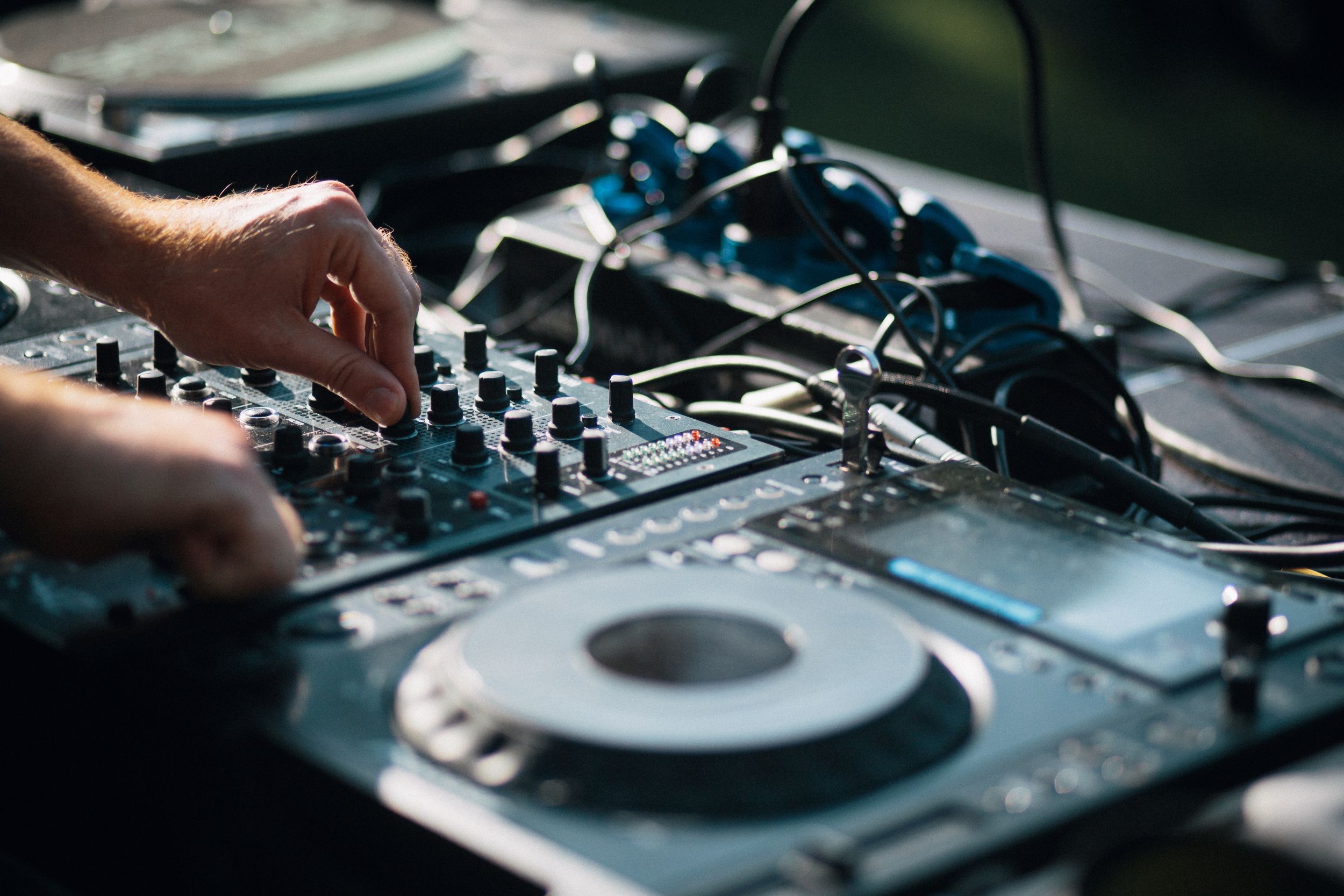
Sound design is the art of creating, manipulating, and shaping audio elements to achieve a specific effect or atmosphere. The process includes recording, editing, processing, and mixing.
Sound design is used in various creative fields such as film, television, video games, theatre, and music.
What does a Sound Designer do?
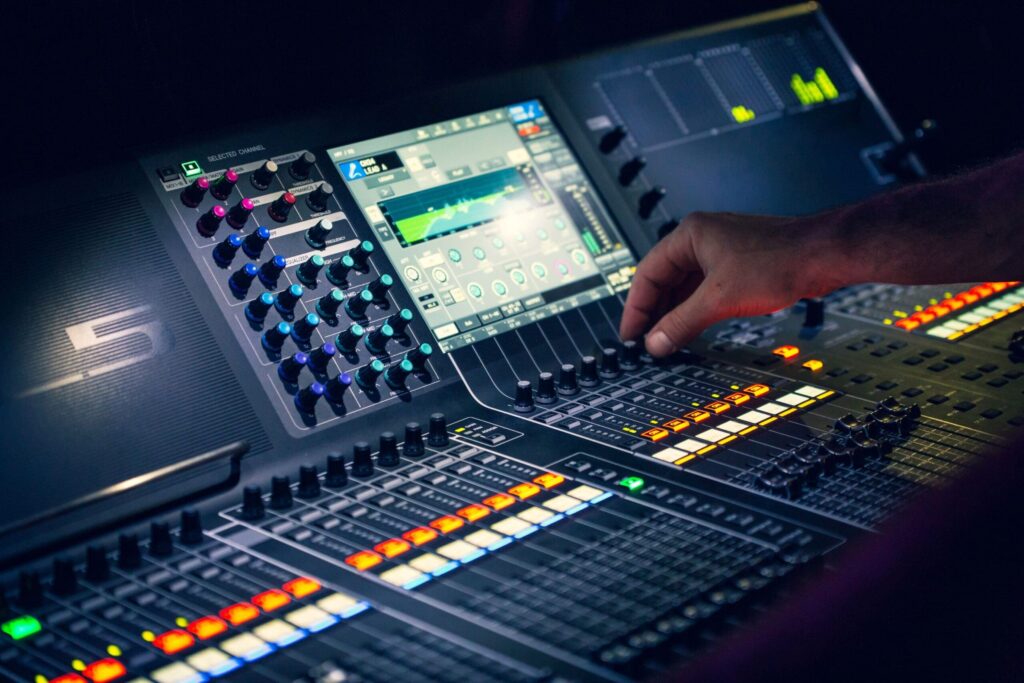
Sound Designers need to have a plethora of different skills and technical knowledge, here’s a guide to some of the things they typically do:
- Concept Development: Collaborate with directors, producers, and other team members to understand the vision and goals of a project.
- Sound Creation: Generate and record original sounds or select pre-existing ones. This involves field recording, studio recording and synthesising sounds using various tools and techniques.
- Sound Editing: Cut, arrange, and fine-tune sounds to fit specific scenes or moments. This includes aligning sound effects with visual elements and ensuring they are synchronised seamlessly.
- Sound Effects and Foley: Create or capture sound effects (like footsteps, doors creaking or ambient noise) and foley (custom-created sounds that are recorded in sync with the visuals to enhance realism).
- Processing and Mixing: Apply audio effects (like reverb, delay, equalisation) to modify sounds and blend them seamlessly into the mix. Adjust levels, panning, and spatial placement to achieve the desired audio experience.
- Sound Integration: Implement sounds into the final medium, such as integrating audio into a film’s soundtrack, a video game’s environment, or a live theatre production.
- Quality Control: Ensure that the final audio is clear, balanced, and free from any unwanted noise.
Is sound design hard? Sound design can be challenging, especially as it requires a mix of technical expertise, creativity, and an understanding of how sound influences emotions and storytelling. For those who enjoy problem-solving, creativity, and working with sound, these challenges can be exciting rather than daunting.
Which tools does a Sound Designer use?
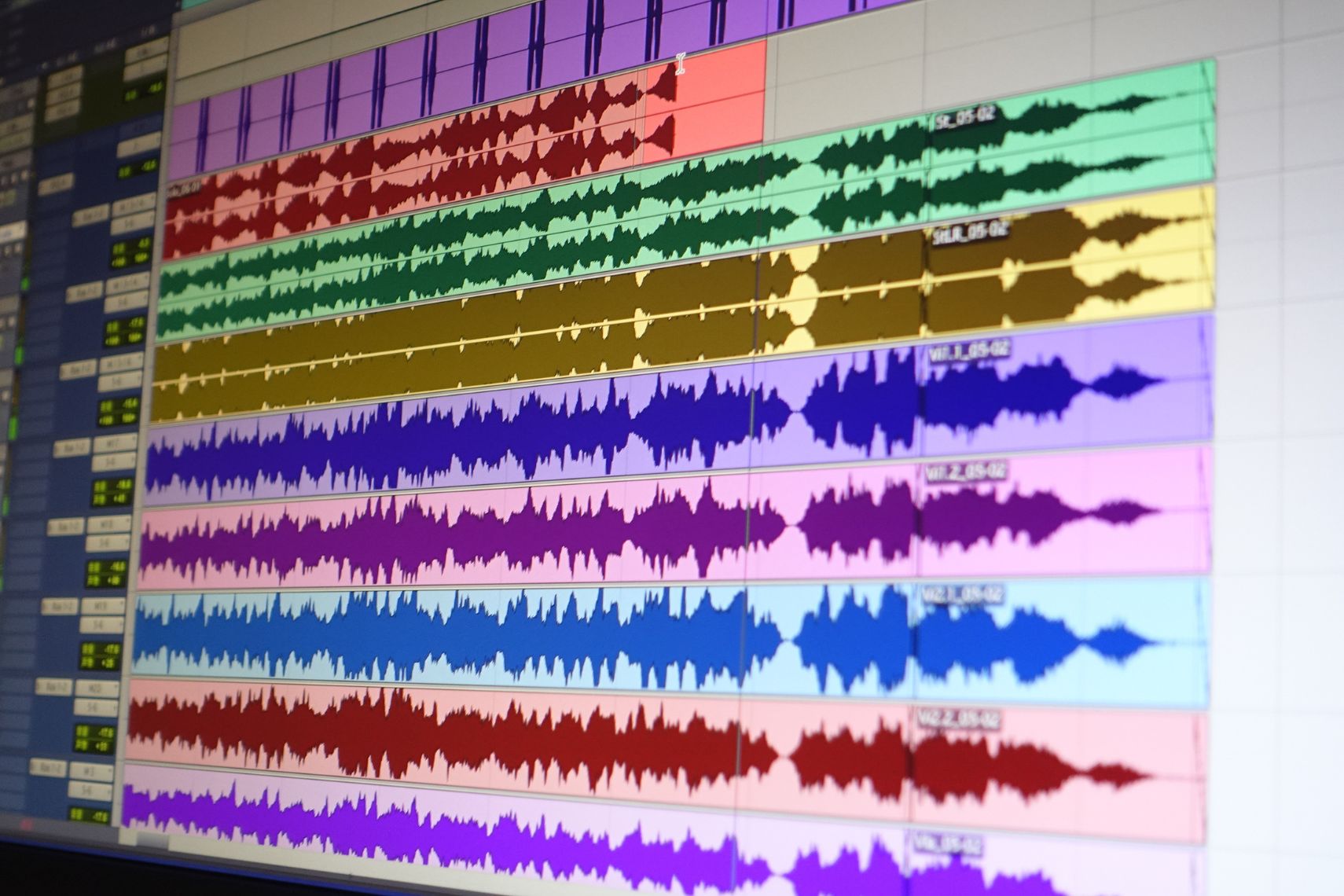
A Sound Designer uses a wide range of tools to create, manipulate, and refine audio for various media. Here are some examples:
- Digital Audio Workstations (DAWs): Essential for recording, editing, and mixing sound. Some of the big names include Logic Pro, Ableton Live, and Pro Tools.
- Sound Libraries: These are pre-recorded sound effects and atmospheres often used as starting points, check out Boom Library and Sound Ideas.
- Synthesis Software: This is used for creating unique sound effects from scratch. Native Instruments’ Massive and Serum are great options for this.
- Foley Equipment: Used for physically creating and recording sound effects, for example microphones and everyday objects (footsteps, fabric rustling, doors creaking etc).
These tools enable Sound Designers to craft everything from subtle ambiance to complex soundscapes.
How much do Sound Designers make?
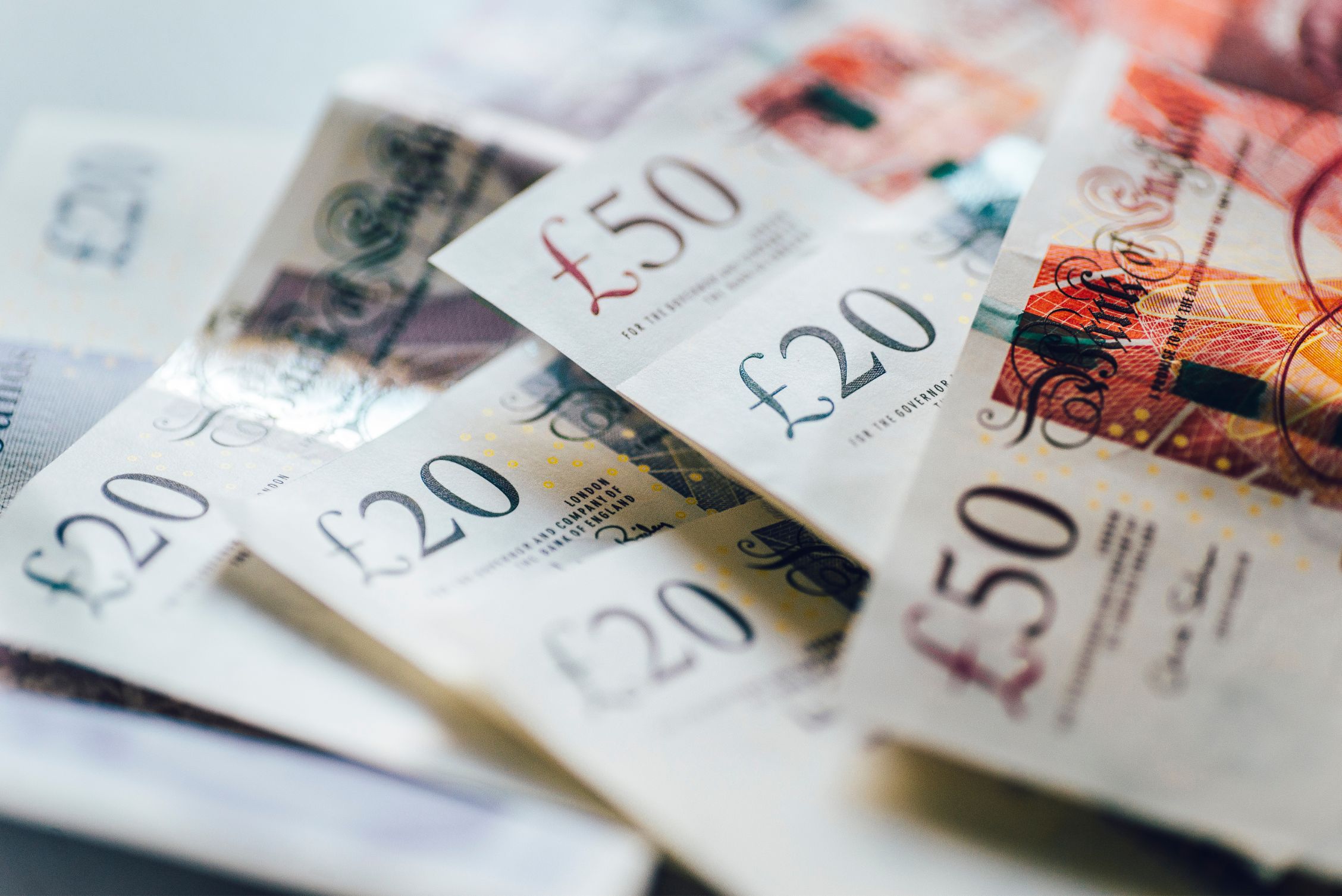
According to Glassdoor, the national average salary for a Sound Designer is £41,324 per year in the UK. It’s important to note that this varies depending on their location and experience.
Is sound design a good career? Well, with the constant expansion of creative industries in the UK, roles related to sound design are becoming increasingly important and can be highly competitive.
Are Sound Designers in demand in the UK?
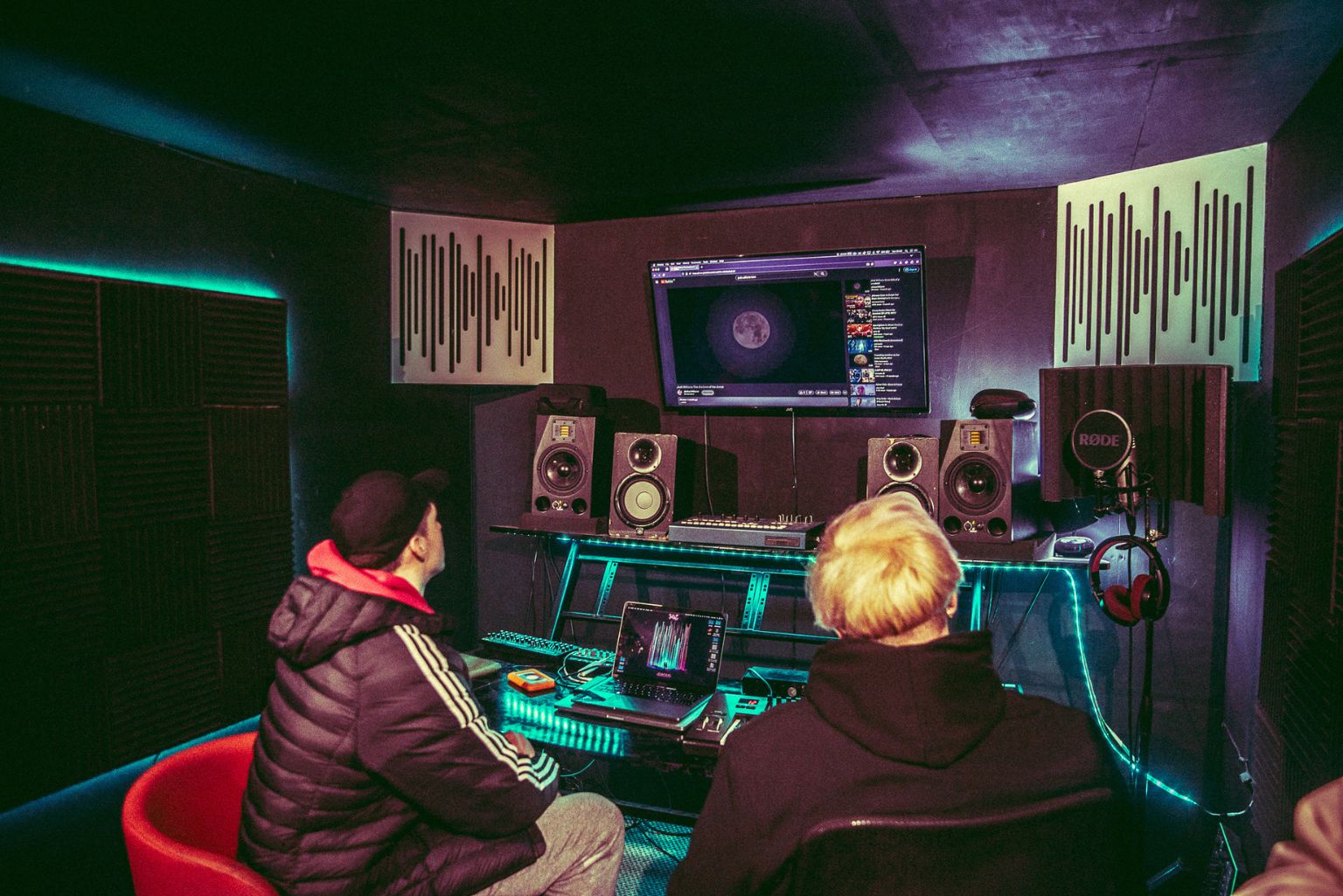
Yes, Sound Designers are in demand in the UK! Especially across the film, television, theatre, gaming, and live events.
1) Film and TV Production
The UK has a booming film and television industry, the British Film Industry found that the box office generated around £986 million over 2023. We also have renowned production hubs like Pinewood Studios and Shepperton Studio.
Major film and TV productions, including global blockbusters and high-budget series, need skilled Sound Designers to create immersive audio experiences. Streaming platforms like Netflix and Amazon Prime also have a significant presence in the UK, further driving demand for these professionals.
2) Theatre and Performing Arts
The UK is known for its thriving theatre scene, particularly in London’s West End. Theatres across the country rely on skilled Sound Designers to enhance live performances, ensuring that sound effects, music, and dialogue are seamlessly integrated into the show.
3) Gaming Industry
The gaming industry is also massive in the UK, with big studios like Rockstar Games and Ninja Theory. Sound design is crucial for creating immersive environments, making Sound Designers integral to game development teams. With the rise of interactive and VR gaming, the demand for innovative and skilled sound designers has increased.
4) Advertising and Branding
Adverts, podcasts, and digital media often need high-quality sound design in order to captivate their audiences. Brands and agencies are increasingly hiring Sound Designers to create audio branding, soundscapes for adverts, and bespoke sound effects for their unique content.
5) Live Events and Concerts
Sound Designers are needed for live concerts, festivals, and events. The UK’s music and festival scene is home to major festivals like Glastonbury, as well as live theatre events, conferences, and large-scale public installations, all requiring professional sound design.
As you can see, Sound Designers are highly sought after in the UK across various creative fields making it a viable career for many.
How can I become a Sound Designer?

If you fancy a career in sound design then look no further! Access Creative College is the perfect place to start your journey, we offer a unique Level 3 Music Production course which is ideal for students who are looking for a practical, hands-on, and industry-focused approach to learning.
Our curriculum is career-focused, putting an emphasis on practical skills in music production, mixing, mastering, and audio engineering. We also have professional studios, recording spaces, and digital audio workstations (DAWs) like Logic Pro, Ableton Live, and Pro Tools. All of this gives our students hands-on experience with industry-standard technology which can all be added to their professional portfolio.
Want to start your career in music production? Apply now!


